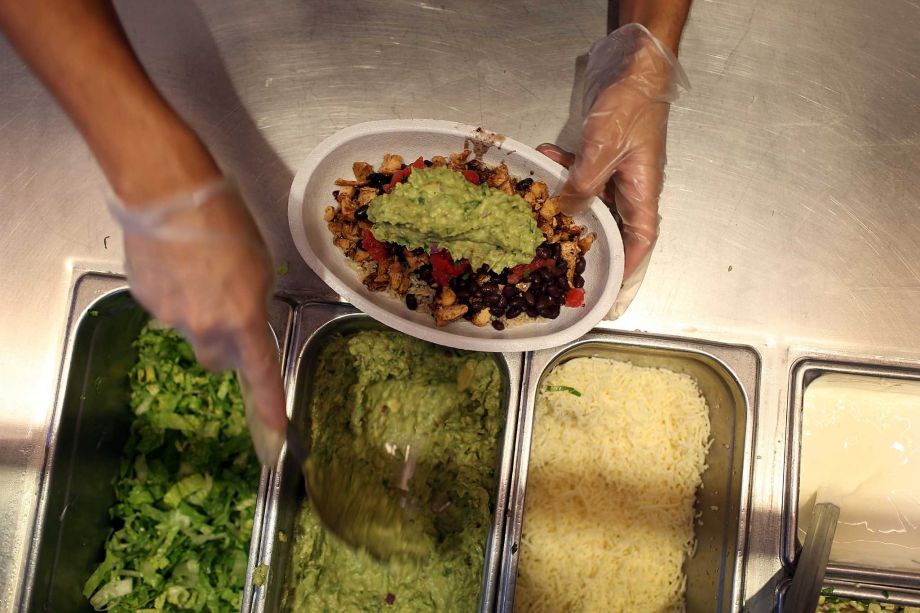
U.S. Action on GMOs Stops Far Short of Mandatory Labels
The U.S. Department of Agriculture will start offering to verify food companies’ claims that their products do not contain genetically modified organisms, but the agency stopped far short Thursday of requiring the mandatory labeling of GMOs that many food activists say is needed.
Sen. Barbara Boxer, D-Calif., who has introduced a bill to require labels for foods that contain genetically engineered ingredients, called the agency’s action “a good first step.”
May 18, 2015 | Source: SF Gate | by Carolyn Lochhead
The U.S. Department of Agriculture will start offering to verify food companies’ claims that their products do not contain genetically modified organisms, but the agency stopped far short Thursday of requiring the mandatory labeling of GMOs that many food activists say is needed.
Sen. Barbara Boxer, D-Calif., who has introduced a bill to require labels for foods that contain genetically engineered ingredients, called the agency’s action “a good first step.” But food activists said the agency’s labels would certify only an absence of GMOs in food, not their presence, which is what they say people care about.
“This has been the most thoroughly debated food issue in America for the last two years, and consumers still overwhelmingly tell pollsters that they want the right to decide for themselves and want mandatory GMO disclosure,” said Scott Faber, executive director of Just Label It, a campaign to require foods to divulge genetically engineered ingredients.
A USDA spokeswoman said the new plan, outlined by Agriculture Secretary Tom Vilsack in a May 1 letter to employees but not yet announced publicly, simply adds genetically engineered ingredients to an agency audit program that verifies various food claims, including grass-fed, antibiotic-free and humanely raised. The program is voluntary, and producers asking for the no-GMO verification would pay a fee for it.
Ever since a nearly $50 million campaign by food manufacturers narrowly beat back a 2012 California ballot measure to require labeling for foods with GMOs, the processed-food and biotechnology industries have been battling in statehouses and Congress to stop efforts to enact mandatory labeling.
Genetic engineering has become pervasive in the U.S. corn and soybean crops that go into many processed foods, and is spreading to fruit and vegetable crops and even salmon. More than 90 percent of the U.S. corn crop is genetically engineered to resist herbicides and insecticides, allowing farmers to apply the poisons on the crop to kill pests while not harming the plants.
The food and biotech industries and federal government have long insisted that the practice poses no health risk.
GMOs have led to a proliferation of “super weeds” that have become tolerant to glyphosate, known by the brand name Roundup, the herbicide commonly applied to genetically engineered crops. Routine application of glyphosate over millions of acres in the Midwest has also been implicated in the disappearance of Monarch butterflies, because the herbicide kills milkweed, the main plant where the butterflies lay their eggs.
The industry suffered a major setback this year when a panel of 17 leading oncologists gathered by the World Health Organization determined that glyphosate is “probably carcinogenic to humans.”
Last year, the processed-food and biotech industries spent $63.6 million lobbying against GMO labeling bills nationwide, said Katherine Paul, associate director of the Organic Consumers Association, a nonprofit group. She said there is already voluntary private labeling by the Non-GMO Project that is widely used.
“You have to ask yourself, if there are no safety questions about non-GMO foods, why are we putting the burden on producers of non-GMO foods to pay more for certification to prove they are non-GMO, and let GMO producers completely off the hook?” Paul said.
